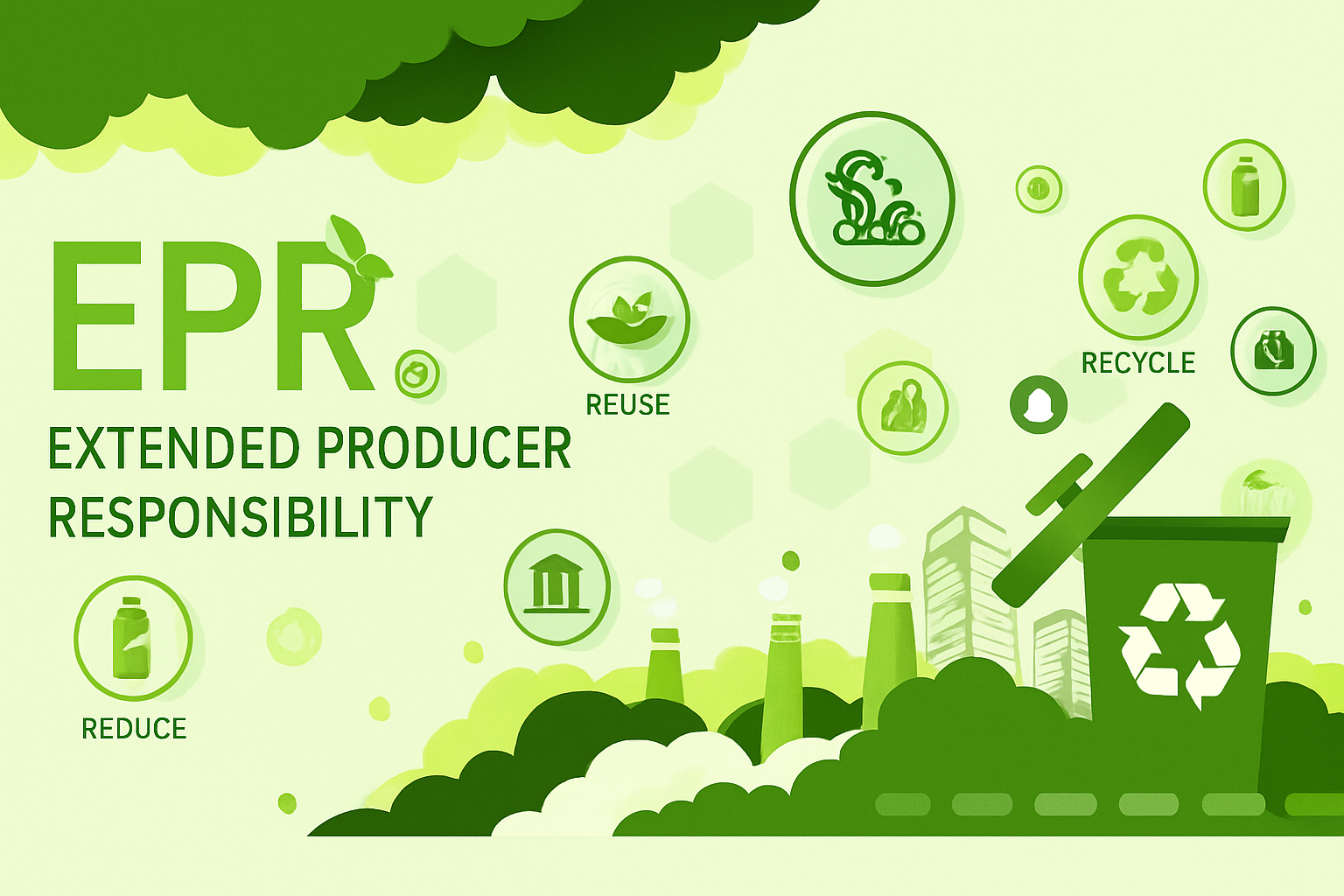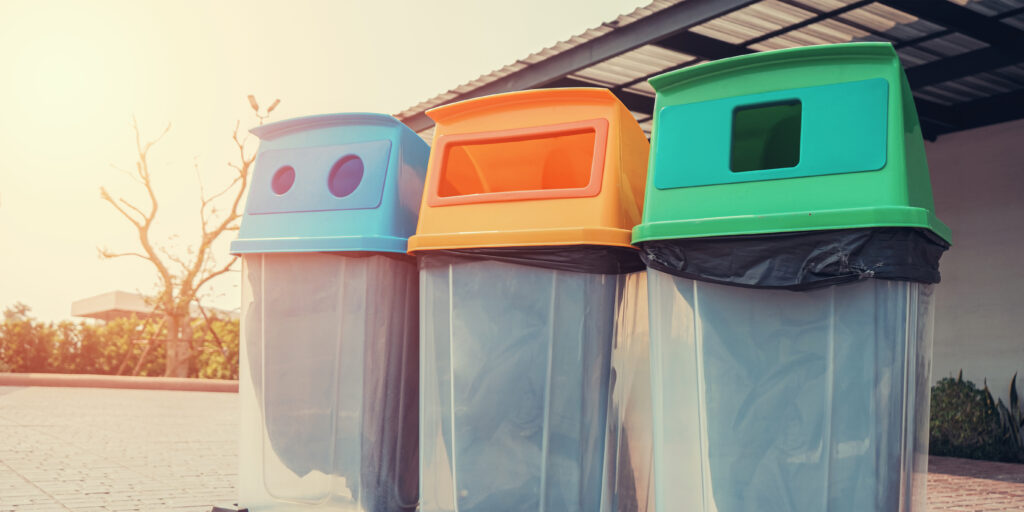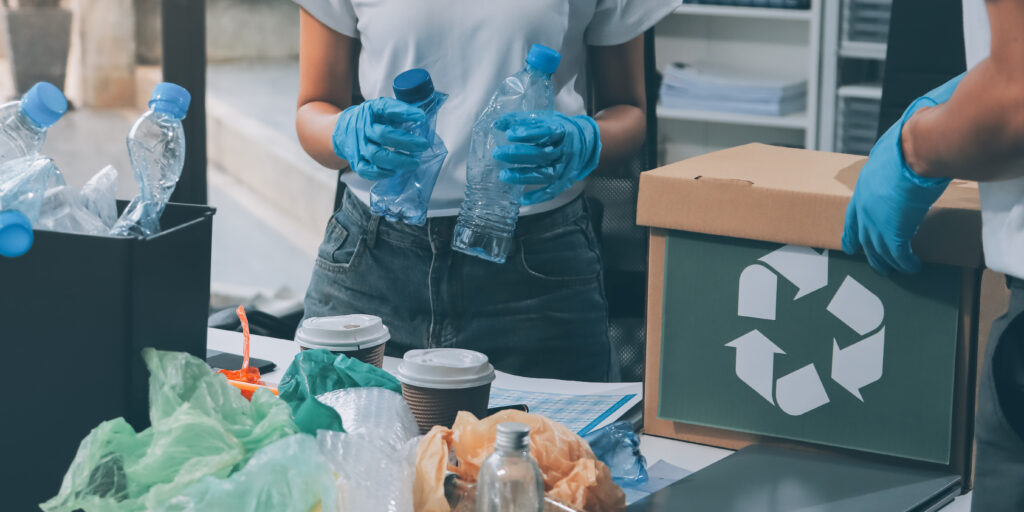
Extended Producer Responsibility (EPR) is a crucial policy in India that makes manufacturers, importers, and brand owners responsible for managing the waste generated by their products. With increasing environmental concerns, the government has introduced strict regulations to ensure businesses take accountability for waste disposal.
If your company deals with plastics, electronics, batteries, or packaging materials, you must comply with EPR laws. This guide will help you understand EPR, its regulations, compliance requirements, and future trends.

EPR is a policy framework where producers take responsibility for the entire lifecycle of their products, including proper disposal and recycling. The aim is to reduce environmental impact and promote sustainable waste management.
In India, EPR is regulated by various laws under the Ministry of Environment, Forest and Climate Change (MoEFCC) and the Central Pollution Control Board (CPCB). Businesses must ensure their waste is collected, processed, and disposed of in an environmentally friendly way.
The Indian government has implemented various EPR laws, including:
Failing to comply with these rules can result in heavy fines and legal action.

EPR applies to various industries, including:
If your business falls into any of these categories, you need to register for EPR and ensure proper waste disposal mechanisms are in place.

To comply with EPR, businesses must follow these steps:
Getting EPR certification ensures your company stays compliant with environmental laws and avoids penalties. If you need a detailed step-by-step guide, check our EPR certification guide here

While EPR is a great initiative, many businesses face challenges such as:
Overcoming these challenges requires better infrastructure, partnerships with recyclers, and awareness campaigns. You can read about real-world case studies on how companies overcame EPR challenges here.

EPR is not just a legal requirement but also beneficial for businesses. Some key advantages include:

The Indian government is continuously updating EPR policies to make them more effective. Some expected developments include:
Companies must stay updated with these changes to remain compliant and contribute to a sustainable future. Stay informed by regularly checking updates on the MoEFCC website.

EPR is a significant step towards responsible waste management in India. Businesses must take proactive measures to comply with EPR laws, ensure proper waste disposal, and adopt sustainable practices.
By following EPR guidelines, companies not only meet legal requirements but also contribute to a cleaner and greener India. If your company needs EPR registration, visit the CPCB website for official guidelines.
This guide simplifies EPR compliance for Indian businesses. If you need expert assistance in navigating EPR laws, feel free to reach out!

